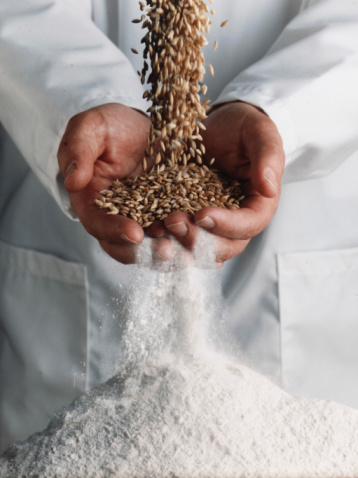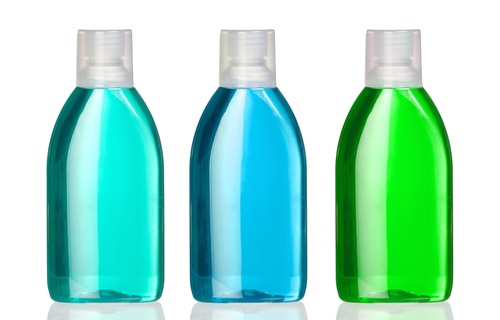 In a previous blog post, we discussed the risks, causes, and symptoms of sleep apnea. Dr. Peter Pate offers his patients snoring and sleep apnea treatments. Scientists devote a lot of research to sleep. Although we spend nearly 30% of our life in bed, we are often unaware of the science of sleep. Below are a few interesting facts and trivia dedicated to what happens while we rest.
In a previous blog post, we discussed the risks, causes, and symptoms of sleep apnea. Dr. Peter Pate offers his patients snoring and sleep apnea treatments. Scientists devote a lot of research to sleep. Although we spend nearly 30% of our life in bed, we are often unaware of the science of sleep. Below are a few interesting facts and trivia dedicated to what happens while we rest.
Facts You May Not Know About Sleep
- Sleep is a necessity. Sleep deprivation can result in death before starvation. In as little as 10 days without sleep, you could be facing mortality.
- There are four stages of sleep that you progress through in your sleep cycle. The deepest stages of sleep help your organs and tissues repair from daily damage
- Outside of the four sleep stages, you enter Rapid Eye Movement (REM) sleep multiple times throughout the night
- In the past, researchers believed that humans only dreamed during REM sleep. However, recent findings have shown that we dream throughout the night, but REM dreaming is more vivid and strange. (more…)







